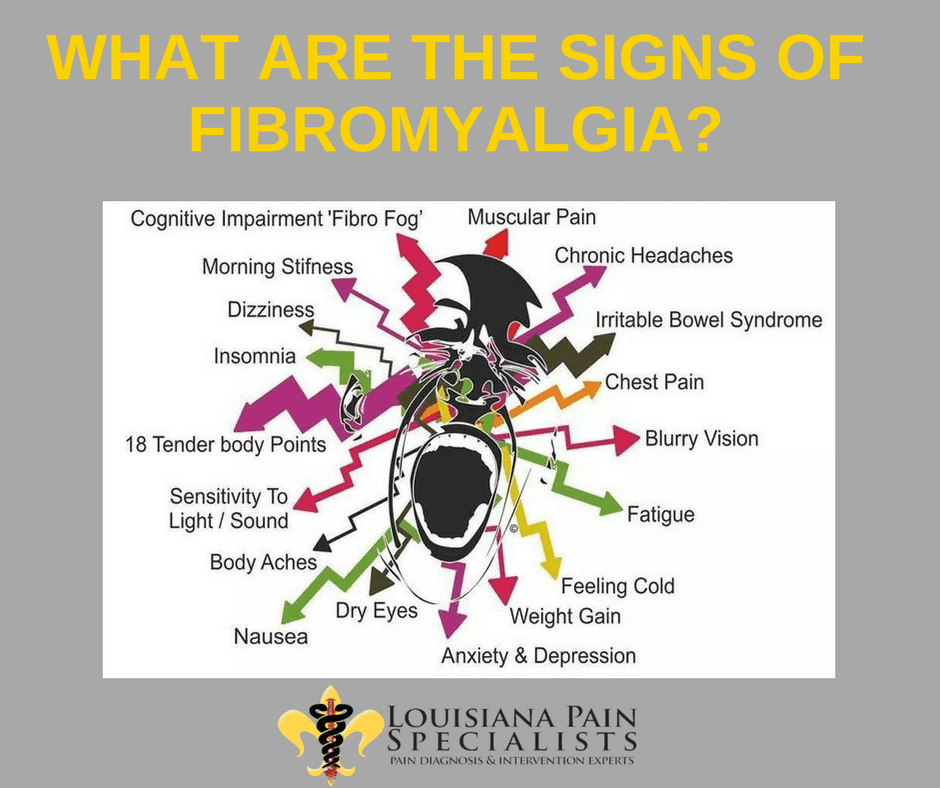
Fibromyalgia is the most common musculoskeletal syndrome, aside from osteoarthritis. Even though more than 12 million Americans suffer from the painful condition, it is still frequently misdiagnosed and often misunderstood.
It’s so painful that it often leads to social isolation and deep depression.
It’s a chronic disorder that includes widespread musculoskeletal pain, fatigue and tenderness in certain areas.
What Is fibromyalgia syndrome?
A syndrome is called that because there are multiple symptoms associated with it. If you have only one or two of the symptoms, you are less likely to be diagnosed with that specific disease, or less likely to develop that disease. Here are the symptoms you can expect to exhibit together if you have fibromyalgia:
- Anxiety or depression
- Decreased pain threshold or tender points
- Incapacitating fatigue
- Widespread pain
Most of the people who suffer from this painful condition are women between ages 25 and 60. Women are 10 times more likely to get this disease than men.
The biggest characteristic of fibromyalgia is widespread pain, and not just in one place. It’s severe pain throughout the person’s whole boyd.
Pain is the main reason people go to the doctor in the first place and end up getting diagnosed with the disease.
The types of pain can include:
- Deep pain
- Sharp pain
- Throbbing
- Aching
- Soreness
- Burning
- Gnawing
The pain can usually comes and goes without much warning.
It’s still not clear what actually causes this common and painful condition. In fact, researchers have concluded that fibromyalgia is caused by a combination of several factors, not one single thing.
Some researchers have said that lower levels of serotonin – a brain neurotransmitter that regulates pain sensitivity – is to blame for fibromyalgia, while others theorize that significant hormonal changes, like menopause, cause the onset of the disease.
That could explain why so many more women are diagnosed with fibromyalgia every year.
It’s important to note that there are many theories about the causes of fibromyalgia, and all of them are exactly that: theories. There has been no clear consensus on a singular cause.
What are the symptoms of fibromyalgia?
Some of the symptoms of fibromyalgia — also known as fibromyalgia syndrome or FMS — can include the following:
- Pain
- Anxiety
- Concentration and memory problems — known as “fibro fog”
- Depression
- Fatigue
- Headaches
- Irritable bowel syndrome
- Morning stiffness
- Painful menstrual cramps
- Sleep problems
- Numbness, and tingling in hands, arms, feet, and legs
- Tender points
- Urinary symptoms, such as pain or frequency
Although we still don’t know what causes fibromyalgia, there are ways to help alleviate some of the pain. These include pain pills, antidepressants, physical therapy, exercise and more.
If you or someone you love are experiencing symptoms of fibromyalgia, it’s important that you see a doctor. Let Louisiana Pain Specialists help. Contact our office today.
